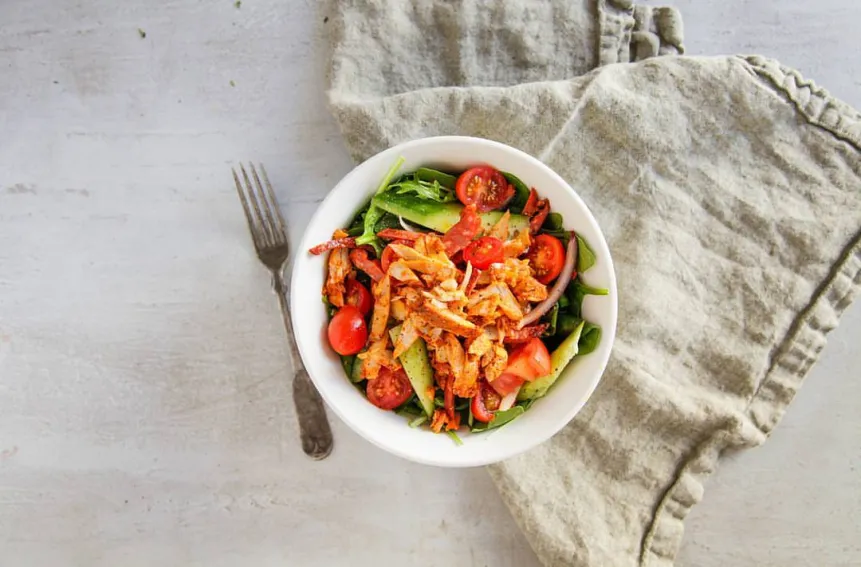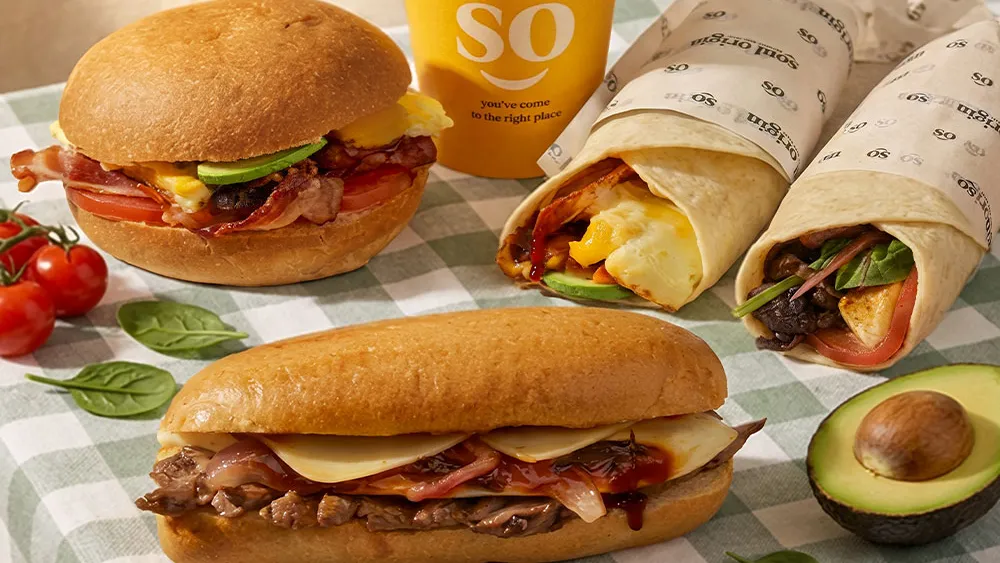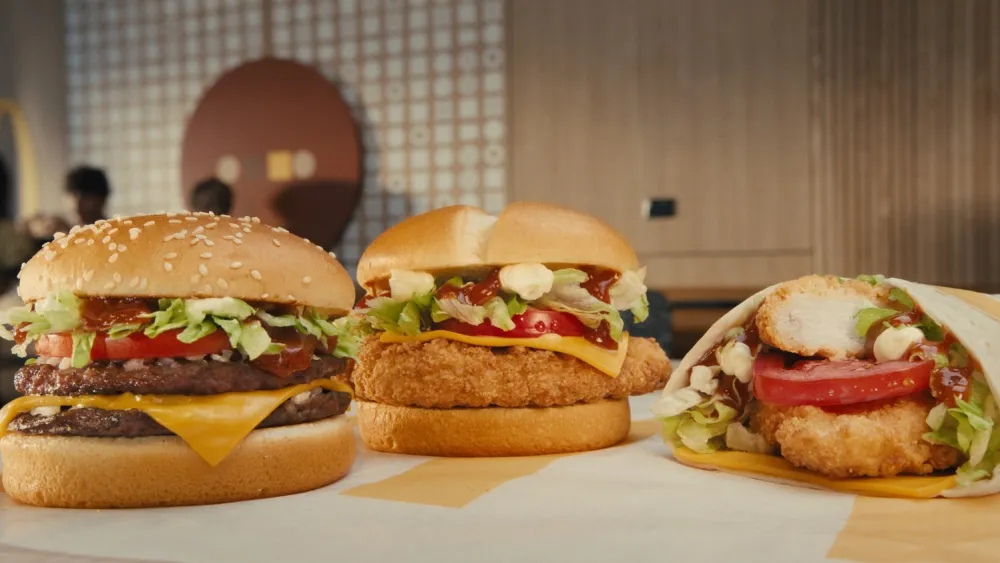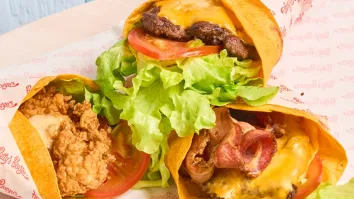
QSRs Devise Menus to Satisfy Diet-Restricted Eaters
Brands are looking into how they can assist customers be informed about their food.
When Soul Origin revealed that it was releasing an allergen brochure in its stores to assist customers in making informed decisions about their food, it was the latest effort by QSR operators to address the growing consumer concern on food composition, often driven by dietary restrictions.
Soul Origin’s brochure will cover all allergens, including gluten-free and vegetarian, says Chris Mavris, general manager at Soul Origin, and will complement the brand’s healthy menu consisting of vegan-friendly products, gluten-free salads, and a large variety of vegetarian options.
“Our chefs are constantly looking at the current trends to make sure that our offering is relevant to consumers’ dietary requirements,” says Mavris. “Our R&D team is constantly providing new products to incorporate into our offer.”
More food conscious
Australian consumers are becoming more conscious about what goes into their food not only at home but also when eating out, says Karim Messih, CEO at Zambrero. This awareness has affected their food choices, resulting in an increasing demand for healthier options like less sugar and less fat, which, along with eating more vegetables, have become top priorities for consumers in 2016 based on a recent Roy Morgan report.
“With vegetarian eating on the rise, it is critical for the QSR market to offer a range of non-meat dishes which are not just alternative options but rather a menu highlight – providing vegan or vegetarian customers with a tasty food experience,” says Messih.
He notes that all Zambrero menu items can be made vegetarian with a large portion of ingredients used in their recipes being vegan. Except for tortilla and BBQ sauce, all ingredients are gluten free. He is also excited about a pipeline product the brand is working on: A “groundbreaking” tortilla product that is superfood infused and gluten free.
More consumers are also choosing their favorite QSRs based on their specific dietary requirements. To capture this discerning market of eaters, Zambrero added menu items that are gluten, dairy and egg free, while making sure they do not compromise flavor.
Among the current menu items in Zambrero, a particularly popular one is the IQ salsa with roasted pepitas, black turtle beans, fresh tomato, and corn. There is also notable demand for the Powerbowl option, which has 50% more protein compared to traditional bowls, among the gym goers, athletes, and active individuals.
“With the fitness industry booming and more people focusing on regular exercise and building their cardio and muscle capacity there is a trend towards protein rich products,” says Messih.
He says all burritos and bowls in the IQ range give consumers two out of five daily servings of fruit and vegetables, and the Powerbowl offers ¼ of the recommended daily intake.
Wary of artificial
With food composition becoming a higher priority among consumers, QSRs are focusing on sourcing high quality, fresh ingredients. Messih says Zambrero sources its meats from Australian quality producers and slow-cooks them for up to 18 hours with select herbs, spices and chillies for maximum flavour and tenderness. Salads and salsas also feature fresh vegetables and herbs – even the guacamole is made fresh on site daily.
What is the payoff for such intense dedication to food ingredient quality and freshness? Messih says its discerning customers get an elevated dining experience.
“We find our customers notice a real difference with the quality and freshness of our ingredients as they get to see the colour on display each time they order, which can be hard to find in the QSR industry.”
While fast food remains popular, consumers are becoming warier of artificial ingredients, as well as sugar and salt, in their meals.
“The fast food industry has a bad reputation when it comes to quality ingredients but it doesn’t have to stay that way. Not only can fast food be good food, we believe is has to be,” says Mark Hawthorne, CEO at Guzman Y Gomez.
In response, Guzman y Gomez made their menu to be customisable so guests can easily tailor their orders based on their dietary needs. This means a customer can munch on a vegetarian burrito with brown rice and no cheese or a gluten free steak burrito bowl with guacamole without the server giving them a puzzled look.
Variety and transparency
Now that consumers are becoming more specific with what they want in their food and how they want their dishes to be prepared, QSRs need to be more mindful to accommodate these into their daily offerings, says a spokesperson for The Coffee Emporium.
QSRs must also be 100% transparent when marketing products containing certain ingredients which could offer a degree of risk to people's health, such as food products containing traces of nuts or beverages that contain lactose.
“We need to communicate these ingredients clearly to consumers so they may make informed choices,” says the spokesperson. “The same thing applies to kilojoule (kJ) counts for foods and beverages.”
The Coffee Emporium, ascribing to the principle of greater transparency in their menu items, recently rolled out a project to display updated, consistent, and accurate measures of kJ information across all its coffee houses.
“We want our guests to know exactly what their energy intake will be given their food and beverage choices selected from our menus,” says the spokesperson.
Photo credit: Soul Origin Facebook page























